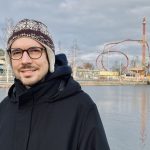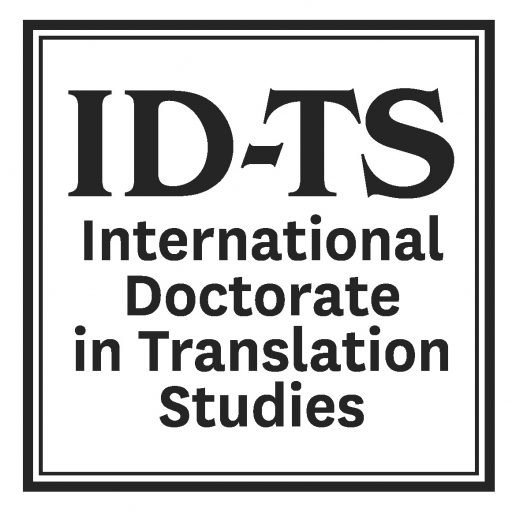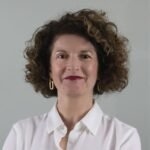
Since the COVID-19 pandemic broke out, international mobility has been a real challenge. I was lucky enough to plan my stay during the summer 2020, when only the most pessimistic of us – or realistic – expected that such a big second wave would sweep over Europe. My project was also made easier by my colleagues in Finland, who gave me the necessary support before and after my arrival.
The word that best fits my experience here is intensity. During my stay at Tampere University, I had the opportunity to devote my time exclusively to research, whereas my position in my home university (both institutions are ID-TS members) is a mix of research, support in teaching and administrative tasks. I really enjoyed spending all my time focusing on my PhD. My work could reach a depth I would not have expected.
Even if it should not be one’s main reason to choose a destination, having a good working environment is of utmost importance. Tampere is lovely. It is surrounded by lakes and forests (note the plural), located within walking distance, whose natural beauty helped me. That was a pleasant surprise, because I had no previous knowledge of the city. Until a few weeks before my arrival, I could not even pinpoint it on a map… I really chose to come here for the expertise of Kaisa Koskinen. On top of that, the university provided me a desk in an office from which I can even enjoy beautiful sunsets.
Notwithstanding the pandemic, there were opportunities for academic exchanges. I was able to have regular meetings with my supervisor here, meet other PhD students – including one working in my field –, give a presentation in two different courses, take part in the doctoral seminar and present my research there, attend a workshop on academic writing and have regular contact with a few colleagues from different backgrounds who regularly come to the campus.
All in all, this experience brought me many benefits, including making progress in my own work, comparing my ideas with those of others, meeting new people and expanding my intellectual horizon.
Aurélien Riondel
Faculty of Translation and Interpreting, University of Geneva
This stay was supported by the Swiss National Science Foundation (Grant No. P1GEP1_195089).



